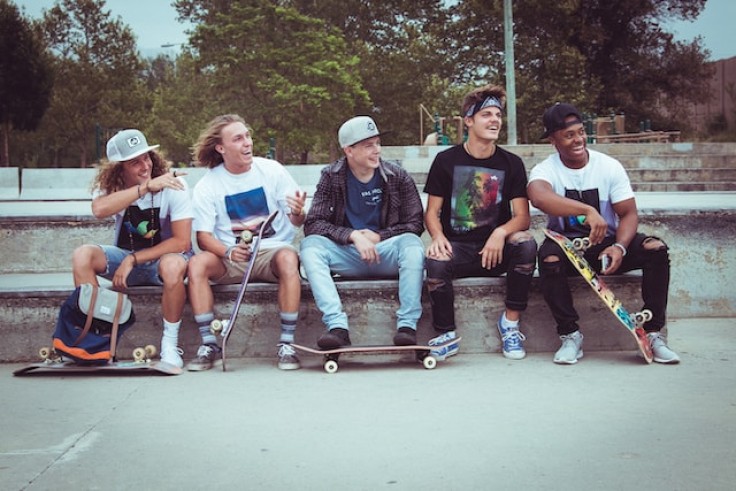
More than 40% of teens in the United States said they find it harder to be a teenager today than those of past generations.
That is according to a recent survey from the Pew Research Center, which found that 44% of teens say it is harder to be a teenager today than in past generations. The survey, which also asked parents the same question, found that 69% of parents believe it is harder to become a teen in modern times.
In contrast, only 15% of parents and 12% of teens said it was easier to be a teenager today than in past generations. Additionally, only 13% of parents and 15% of teens say it is about the same as past generations.
Impact of Social Media and Technology on Teens
The survey polled the parents of teenagers between the ages of 13 and 17. Among those who said it is harder to become a teen today, 41% of parents cited social media, and 26% blamed technology.
This echoes findings from multiple studies. The U.S. Surgeon General, for instance, found that the use of social media and technology could affect the brain development of adolescents, specifically in the areas important for emotional behavior, impulse control, and emotional regulation. Social media use could also increase a child's sensitivity to social rewards and punishments.
Read also: Students With Poor School/Life Balance Struggle With Career Planning, Connecting With Others: Study
A separate study found that more than 40% of young children who were given smartphones at the age of six reported feeling distressed or said they were struggling with their mental health.
Survey Reveals Other Reasons
Other reasons cited by parents in the Pew Research study include higher expectations (16%), being online (11%), violence and drugs (8%), smartphones (7%), bullying (5%), and exposure to bad influences (3%). Overall, 65% of parents cited reasons related to technology.
Among teens who said they have a harder time now than past generations, increased pressures were the top reason cited (31%). This was followed by social media (25%), technology in general (11%), and the country's situation (15%).
The survey polled 1,453 parents and teens in the US.
RELATED ARTICLE: Anger Outbursts Among Children Linked to the Use of Tablets During Early Childhood: Study